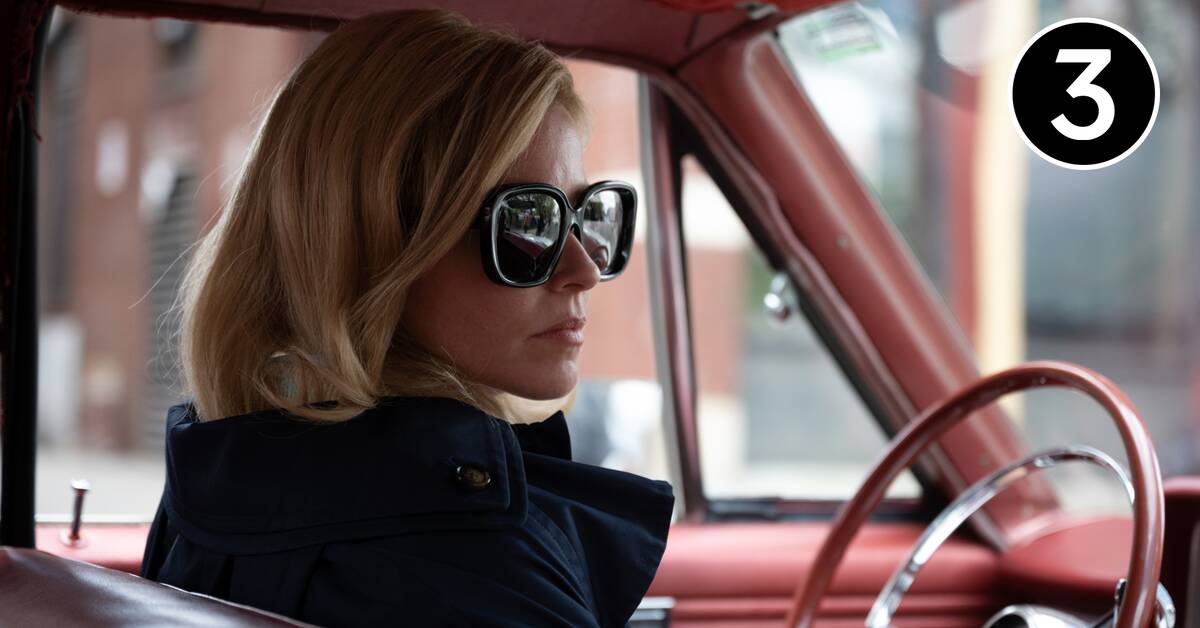It is 1968
, students demonstrate against the Vietnam War and it is five years before the US Supreme Court, with the famous legal case Roe v. Wade, established free abortion as a constitutionally protected right.
Something that was torn up as recently as this year.
In the villa suburb of neat housewife Joy, the 68 movement is far away.
She is pregnant with her second child, but after a number of fainting spells, a doctor determines that she has a heart defect which, combined with the pregnancy, threatens her life.
The hospital's ethics board quickly and condescendingly rejects her request for an abortion in a brutal scene where Joy is treated like air, and which sets the direction for both the film and Joy.
She has to take
matters into her own hands and calls "Jane" after seeing a notice on the street.
“Pregnant and worried?
Call Jane”.
Jane is an illegal and secret group of women who arrange safe abortions (documentary portrayed in "The Janes" from earlier this year).
It costs $600, bundles of bills that the soapy doctor puts directly into his coat pocket.
The WHO estimates that tens of thousands of women die each year as a result of illegal abortions, so the topic is life and death, especially when the US has just severely restricted abortion rights.
But Phyllis Nagy does not make a red-hot fight film, but places her greatest care on complex characters and difficult moral dilemmas.
"Call Jane" is best in its ambitious portraits and in the soft individual's clash with all the iron fences of society.
Elizabeth Banks
in the lead role oscillates through the film between being a polished conservative housewife and a freedom-seeking feminist.
She is brilliant.
Almost as fascinating is the portrait of her republican husband, slightly naive, loving and with never-questioned notions of right and wrong.
The biggest poster name is, of course, Sigourney Weaver as Jane collective founder Vivianne.
She is passionate about her cause but is still surprisingly pragmatic.
When it comes to women's right to choose, she is crystal clear, but which women can even afford to choose is harder for her to handle.
The exchanges with Gwen (Wunmi Mosaku) about the constant betrayal of black women create such a bad atmosphere that you can touch it.
When Virginia
says "Sorry about the 60:ies, kid" to Joy's daughter, it frames the slowness of progression and makes for a far more honest historiography than the usual placard nostalgia around "68".
"Call Jane" is a quiet struggle film which highlights and celebrates the abortion activists with great pathos.
But in search of the nuanced portraits, the agitation, the anger and the fervor are lost and the ending becomes a rather stressed summary of what happened afterwards, with an abortion right that stood unrestricted for 49 years.
(Until this year, when the Supreme Court backed the tape again.)
I'm guessing that
if the script had been written after the new abortion legislation, it would have had a completely different ending and forced the moviegoer to clench his fist.
At least in your pocket.

